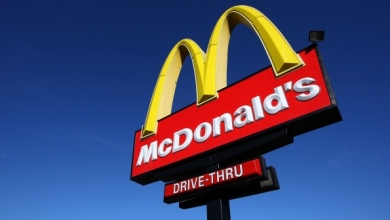Gift Cards’ Appeal to Millennials
Gift cards are exceedingly popular with Millennials, as new research from the Wharton School’s Baker Retailing Center and The NPD Group found. Here is fresh insight as to why:

A study on generational shopping behavior by the Wharton School’s Baker Retailing Center and The NPD Group found that, based on customer receipts, gift cards are particularly popular with Millennials. Their share of wallet of gift cards is higher than that of other age groups at mass merchants, convenience stores, and warehouse clubs.
What could be driving Millennials’ preference for gift cards? Making up one-third of the U.S. population, Millennials are the largest and youngest shopper generation and will continue to be an important segment for gift card purchases. Thus, understanding the drivers of Millennials’ liking of gift cards may be useful.
To be sure, gift cards have become more popular with consumers in general. Sales in the U.S. have grown gradually over the past several years, reaching record sales of an estimated $130 billion last year, an increase of more than six percent from 2014, according to an annual study by CEB. For nine years in a row, gift cards were the most requested gift during this past holiday season, as a survey by the National Retail Federation (NRF) found, and almost three-quarters of respondents were planning to buy at least one gift card. One in six Americans received a Starbucks gift card during the 2015 holiday, an increase from one in seven in 2014. Further growth is expected, which retailers will welcome since gift cards generate store traffic, online and offline, including from new customers. Plus, most gift card users spend above the card’s face value.
This preference for gift cards as well as cash as gifts — a 2014 holiday survey by Deloitte found cash to be the second-most desired gift (35%), closely trailing gift cards (37%) — should also please economists since gift cards reduce or eliminate the loss that occurs when people give gifts that cost more than recipients value them. Joel Waldfogel coined the term “deadweight loss of Christmas” for this economic waste.
Continue reading for a list of factors that may contribute to gift cards' popularity with Millennials.
Denise Dahlhoff, PhD, is the Research Director of the Wharton School’s Baker Retailing Center, a research center in the retail, fashion, and e-commerce space.
MEDIA CONTACT:
KATY LASEE | MARKETING DEPT.
651 554 8533
KRLasee@traveltags.com
TAGS:
card services,
Gift Card Services,
trends





